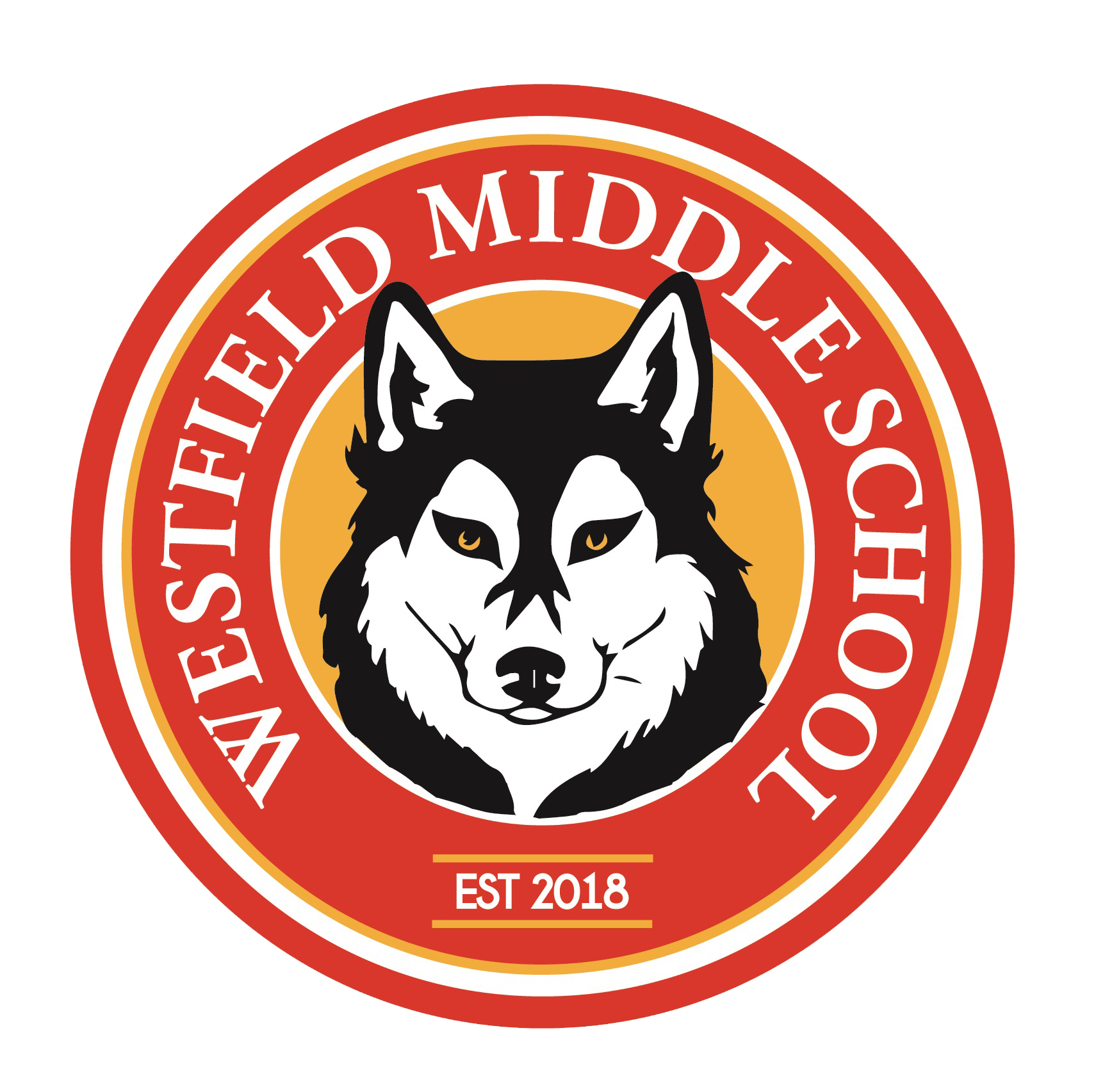Rachel Kania, director of food services for Westfield’s public schools, said she is really excited about this school year.
“I think it’s going to be one of the best yet,” Kania said.
Last year, Massachusetts became the eighth state in the nation to permanently provide universal free school meals to its public-school children, continuing a program that began with federal funding during the pandemic.
For Kania, that funding has been transformative.
“We’re really excited to be a part of this in Massachusetts and to be one of the forerunners on this. We’re doing great work for kids,” she said.
One example is the push to bring “farm to school” through local vendors, which Kania said is her organization’s mission at this point, something which began several years ago partnering with Mountain Orchard in Granville to purchase pears, apples, nectarines and peaches. She said the pears and apples last through most of the school year — last year, only the final two weeks of school missed out on local apples.
She also purchases greens for the school from Wellspring Harvest, an indoor hydroponic service in Indian Orchard, which provides all of the fresh lettuce, spinach and herbs for the school year.
“I am very pleased with our continued efforts to provide better quality breakfast and lunch for our students,” said School Superintendent Stefan Czaporowski. “I am especially glad that we are able to work with local farms and businesses to provide fresh and nutritious food in our schools.”
New this year, Westfield school cafeterias will purchase all of their fresh beef from the North Elm Butcher Block in Westfield.
“The family is excited, and so are we,” Kania said.
Kania said the schools’ Food Services operation, which runs autonomously, separate from the main school budget, purchases food from other local farms, as well, and if needed, from a distributor that purchases from local farms.
“We try to follow seasonal food; in the wintertime, butternut squash, in the colder months to bring us through,” she said.
Bakers in the elementary schools bake fresh bread once a week, and every day at the secondary level.
“We try to do as much scratch cooking as we can,” Kania said.
She said there are some foods that can’t be sourced locally, such as chicken. Kania said the price is higher and the labor cost is higher, which she said is true for all freshly sourced foods. For example, fresh fruit takes double the labor force of canned.
However, Kania said Westfield’s cafeterias are trying to do away with as many canned items as possible.
“The only canned vegetable left in the school is corn, and this year I sourced frozen corn from local farms,” she said, allowing her to say that food services meals are now canned-vegetable-free, a development she calls “exciting.”
The farm-to-table push has been a big boost to the farms, Kania said, adding that the state Department of Elementary and Secondary Education is encouraging school food services to purchase from local farms.
“There is a big initiative to help local agriculture and spend our dollars there,” she said. “They’re giving us a lot of grants and a lot of help in making the mission to go farm to school. It’s a big program, and it’s exciting to be a part of it.”
Kania said even when she started in Westfield five years ago, her organization had started to revamp the menus with more farm-to-school meals and fewer prepackaged items. But she said sometimes the labor cost of fresh food prevented the switch.
She added that regulations are extremely tough for sodium and sugar, and about to get tougher.
“It helps to be fresh, for sure.”
Another Westfield Food Services mission has been to update the cafeterias in all of the schools. Kania said last year Westfield Technical Academy, Munger Hill Elementary School and Westfield Middle School received upgrades, and new furniture is being delivered to Highland Elementary School. She said Paper Mill and Southampton Road elementary schools are next, and there is a plan to reach the rest of the schools, updating the tables and painting the cafeterias.
She said cafeteria signage is also being updated by another local vendor, Patricia Banas of Latka Printing in Westfield, who has been producing fun signs for the kids and beautifying the cafeterias. She said the kids respond to the fun colors, and the fun vegetable characters.
“None of this is coming from the school budget. We are able as an independent entity to fund these projects for the schools with our excess funds,” Kania said.
While some kids choose to bring in a lunch from home, “the addition of [meals] being free and the push to have all of these local items has really made a difference in our participation,” Kania added.
Kania said the extra state aid that the food services operation gets from increased participation allows it to undertake projects and update the school cafeterias, which are very expensive, and which the schools wouldn’t have had the opportunity to do within their own budgets.
“I couldn’t be happier — it works out for everybody. The kids get better quality food, we make more money [from more] participation, and in turn can help the schools,” Kania said, adding, “We’re really happy at Westfield Eats to pass on the good work and the extra funds to have the kids.”

